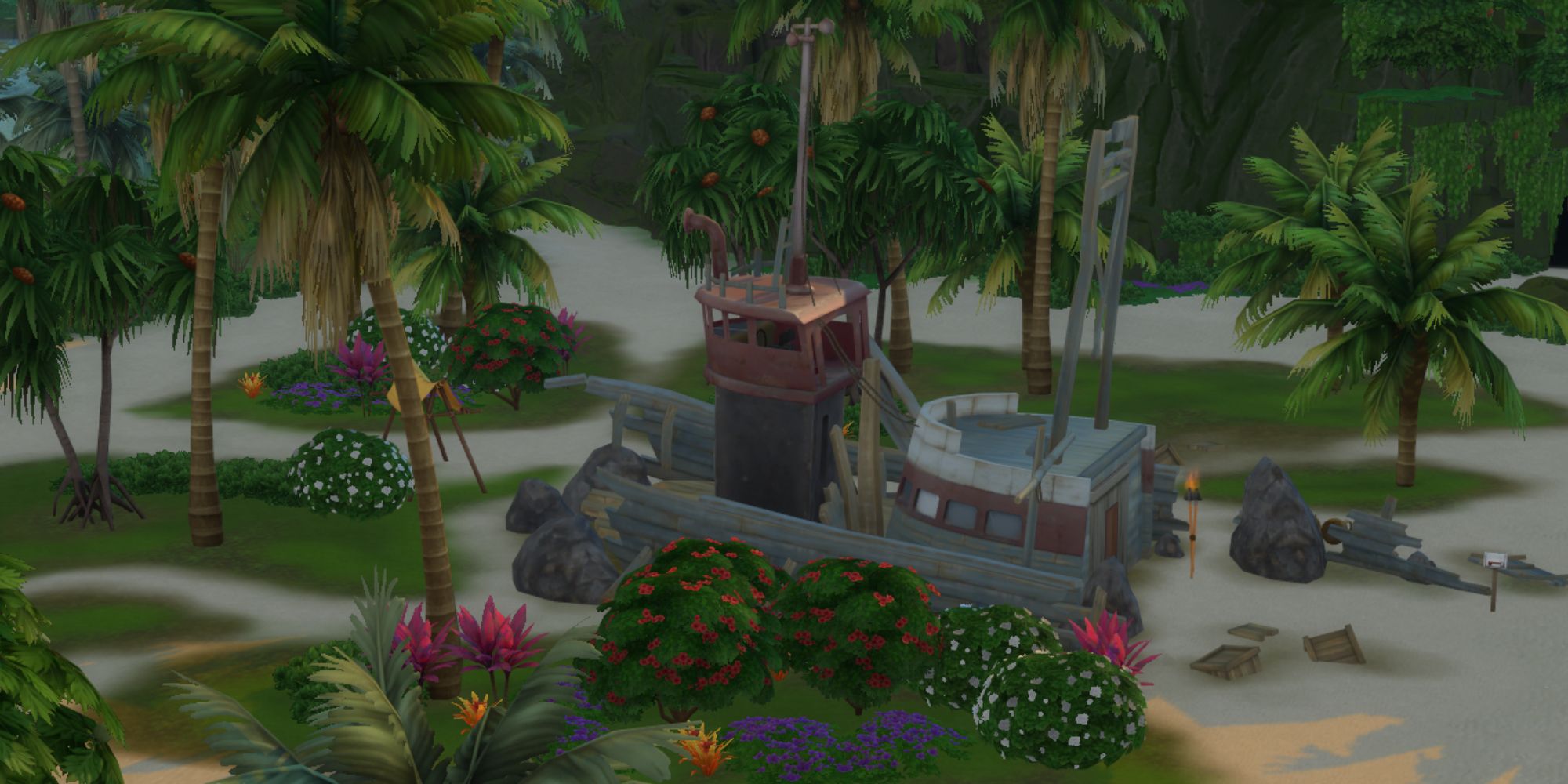What is considered off grid living – What is considered off-grid living? It’s more than just a trendy lifestyle; it’s a profound shift in how we interact with the world, a deliberate embrace of self-sufficiency and a conscious disconnect from the conveniences—and constraints—of the power grid. Imagine a life powered by the sun, nourished by your own garden, and sustained by skills honed through resourcefulness.
This journey into off-grid living unveils a world of possibilities, from partially self-sufficient homesteads to completely autonomous eco-villages, each a testament to human ingenuity and a harmonious coexistence with nature.
This exploration delves into the core principles of off-grid living, examining the diverse approaches individuals and communities take to achieve energy independence, sustainable water management, responsible waste disposal, and self-sufficient food production. We’ll navigate the challenges, celebrate the triumphs, and equip you with the knowledge to determine if this path resonates with your own aspirations for a simpler, more fulfilling life.
Defining Off-Grid Living: What Is Considered Off Grid Living
Off-grid living represents a deliberate departure from the conveniences and infrastructure of the modern grid-connected world. It’s a lifestyle choice characterized by self-sufficiency and a reduced reliance on centralized systems for energy, water, and waste disposal. This pursuit of independence often involves embracing simpler living and a deeper connection with nature.Off-grid living fundamentally diverges from grid-connected life by prioritizing self-reliance.
Instead of relying on municipal water supplies, electricity grids, and sewage systems, off-gridders generate their own power (often solar, wind, or hydro), collect and treat their own water, and manage their waste sustainably. This shift necessitates a profound understanding of resource management and a commitment to sustainable practices. The core principles are self-sufficiency, sustainability, and resilience – the ability to adapt and thrive even in challenging circumstances.
Essential Elements of Off-Grid Living
The distinguishing elements of off-grid living are multifaceted. Energy independence is paramount; this often involves the installation and maintenance of renewable energy systems like solar panels, wind turbines, or micro-hydro generators. Water self-sufficiency requires implementing rainwater harvesting, well drilling, or other methods for obtaining and purifying water. Waste management involves composting toilets, greywater recycling systems, and responsible disposal of other waste materials.
Food production, often through gardening or small-scale farming, contributes significantly to self-reliance and reduces dependence on external food sources. Finally, off-grid living often necessitates the development of practical skills in areas such as carpentry, plumbing, and basic mechanics for maintenance and repairs.
Examples of Off-Grid Lifestyles
The spectrum of off-grid living is surprisingly broad. Some individuals opt for a completely self-sufficient existence, living in remote areas with minimal contact with the outside world. Their homes might be entirely self-built using natural materials, and they may rely solely on renewable energy and homegrown food. Others adopt a more moderate approach, maintaining a partial connection to the grid while minimizing their reliance on it.
This could involve living in a rural area with solar power supplementing grid electricity, or using a well for water while occasionally accessing municipal services. Still others might live in urban areas but strive for significant self-sufficiency in aspects like food production (through rooftop gardens or community gardens) and waste reduction.
Levels of Off-Grid Living, What is considered off grid living
The degree of off-grid living is a spectrum, not a binary choice. The following table illustrates different levels and their characteristics:
| Level | Energy | Water | Waste | Food |
|---|---|---|---|---|
| Completely Off-Grid | 100% renewable (solar, wind, etc.) | Rainwater harvesting, well | Composting toilets, greywater recycling | Mostly homegrown, minimal purchased food |
| Partially Off-Grid (High Self-Sufficiency) | Significant renewable energy, grid backup | Well or rainwater harvesting, occasional municipal water | Composting toilets, some reliance on municipal services | Majority homegrown, supplements purchased |
| Partially Off-Grid (Moderate Self-Sufficiency) | Solar or wind supplement to grid electricity | Municipal water, supplemented by rainwater harvesting | Municipal sewage, some composting | Some homegrown food, primarily purchased |
| Minimally Off-Grid | Grid electricity, some energy efficiency measures | Municipal water | Municipal sewage | Reduced food miles, some homegrown produce |
Embarking on an off-grid journey is a deeply personal decision, a testament to the enduring human spirit’s capacity for innovation and adaptation. While challenges exist, the rewards—a closer connection to nature, a greater sense of self-reliance, and a reduced environmental footprint—offer a compelling vision of a more sustainable future. Whether you’re dreaming of a complete escape or simply integrating off-grid principles into your current lifestyle, the possibilities are as diverse and inspiring as the individuals who choose this path.
The journey to self-sufficiency is a rewarding one, filled with learning, growth, and a profound appreciation for the resources our planet provides.
FAQ Summary
How much does it cost to go off-grid?
The cost varies dramatically depending on your location, the level of off-gridness you desire, and your existing resources. A partial off-grid setup might be relatively affordable, while a completely off-grid system can be a significant investment.
Is off-grid living safe?
Safety is paramount in off-grid living. Proper planning, knowledge of essential survival skills, and robust systems for energy, water, and waste management are crucial. Regular maintenance and preparedness for emergencies are also key.
Can I go completely off-grid anywhere?
No, local regulations and land availability significantly impact the feasibility of completely off-grid living. Some areas have stricter building codes or limitations on water access, requiring careful consideration and potentially necessitating compromises.
What are the legal implications of off-grid living?
Local zoning laws, building permits, and water rights regulations vary widely. Researching and adhering to all applicable laws is crucial to avoid legal issues.
Enhance your insight with the methods and methods of off grid living series.


